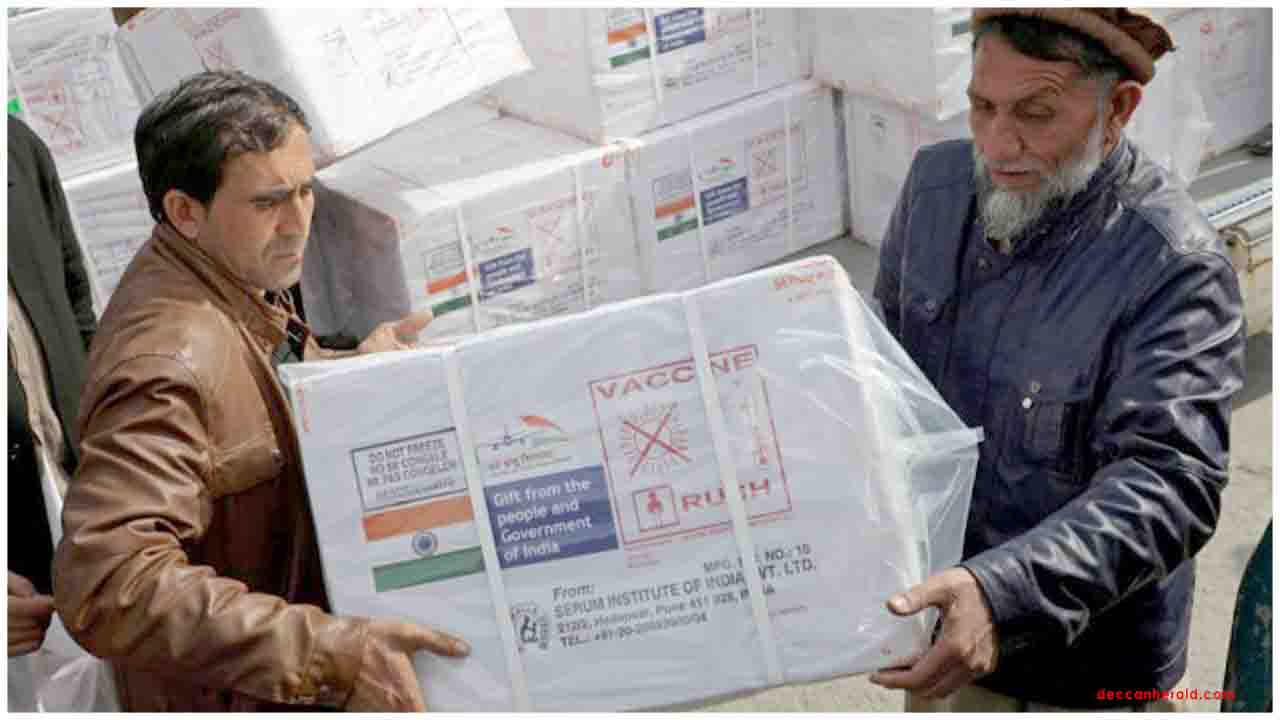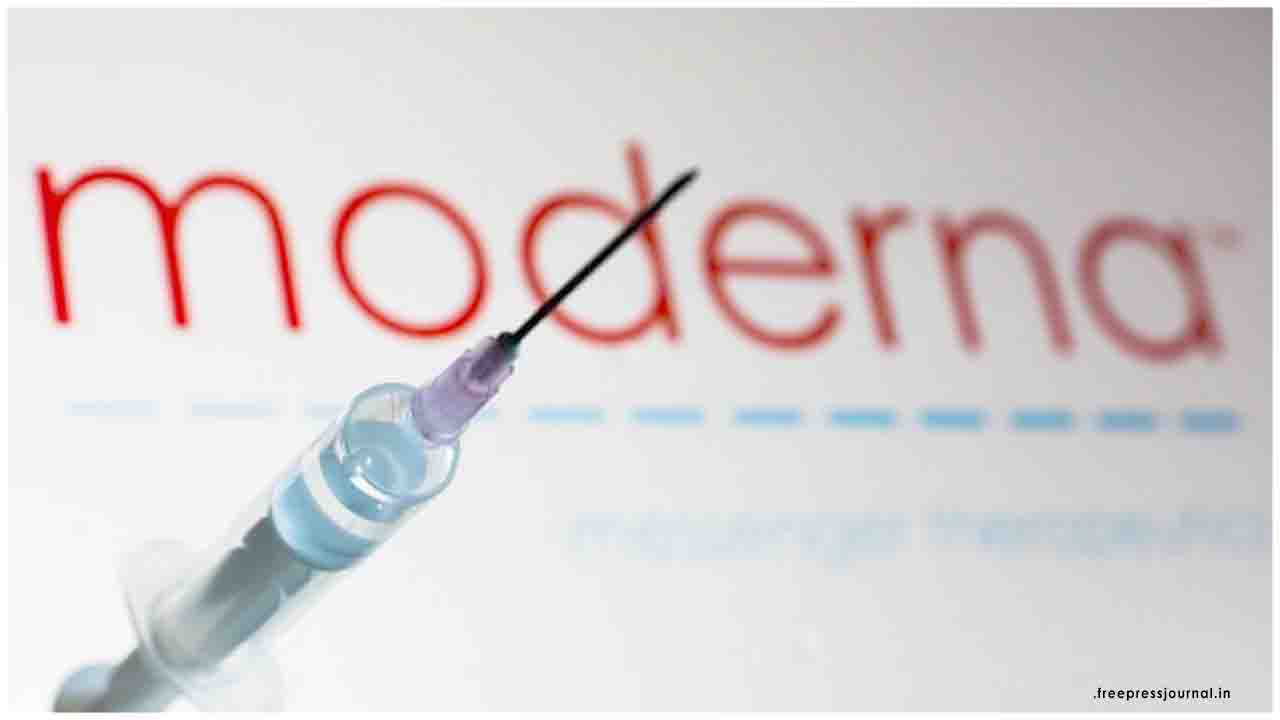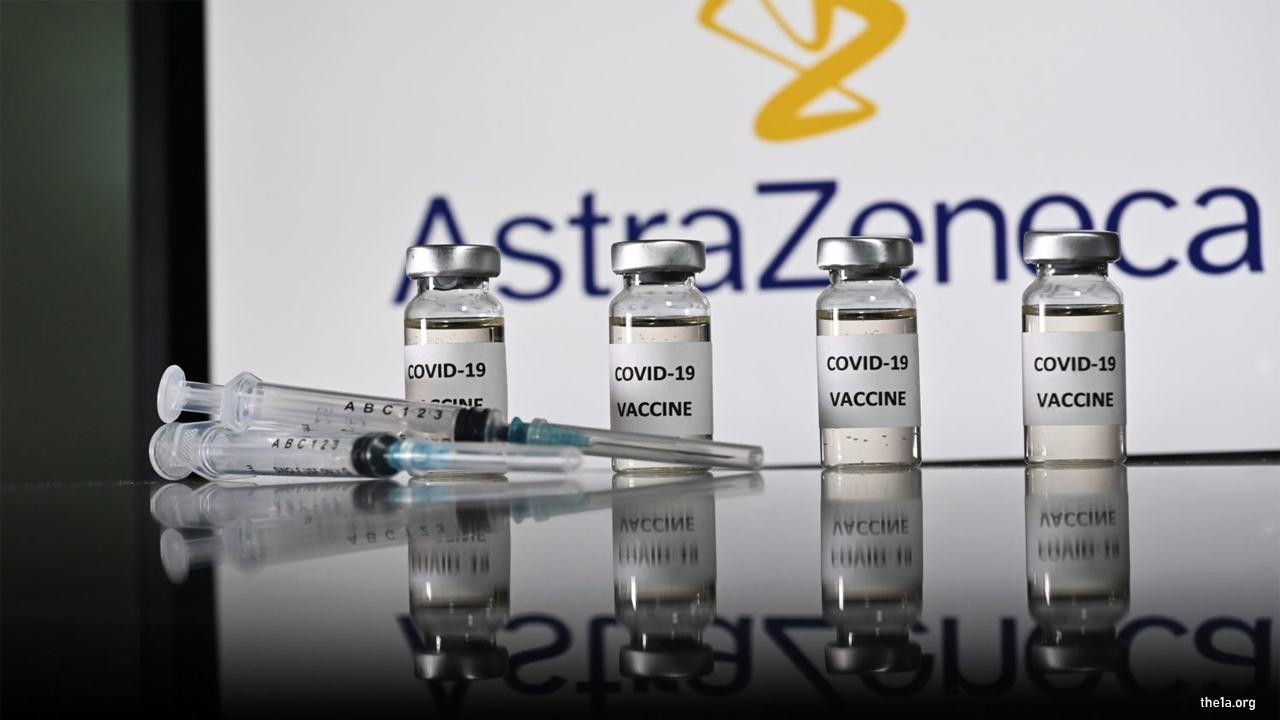As the pandemic rages on, the mental health of the population is at risk with the loss of life and livelihood. With no short-term solution in sight, it is time we take care of our mental health and know how to deal with grief. Psychologist Aanchal Narang explains how to handle various emotional issues arising out of the prevailing Covid situation.
Dealing with Grief
Mid-pandemic, a big emotion that a lot of us have to deal with is grief. Grief is a natural response to loss and it can be overwhelming because you’ve just had someone or something you dearly loved taken away from you. As is, you live through this difficult period with the constant fear that you could lose someone close to you. Additionally, your mortality is difficult to deal with. These complex emotions, tied in with the building anxiety and depression from being isolated during this pandemic, are difficult to manage. The process of grieving is different for everyone- it is up to you to learn what helps you best.
Grief can manifest emotionally or physically. You might go through shock, anger, denial, guilt, disbelief, or a deep sadness emotionally. Physically, you might find it difficult to eat or sleep or even just basic thinking. If your grief incapacitates you to the point of depression, that’s when you should look for professional help. During this pandemic, the sense of impending loss merges with the general state of loneliness, which will worsen your reaction to losing a loved one. The process of grieving and coping with that sense of loss is complex, and you should look for professional help when dealing with these emotions.
Grief is borne from several different factors, not just loss. It could be from the loss of human life or a pet; however, it could also manifest from losing your daily life and schedule, or when you can no longer carry out activities that brought you joy. A disruption in the life you expected- starting college, job experiences, travel- can lead to a sense of loss, and therefore, grief. These reasons are not trivial; allow yourself to feel the pain of losing your own, personal life during a global pandemic.
What are the stages of grief?
We’ve all heard about the stages of grief (first enumerated by Elisabeth Kübler-Ross) wherein people dealing with loss tend to go through five major stages. Not everyone goes through all of these stages nor does it happen sequentially for everyone.
1. Denial: When you can’t acknowledge the event at all and therefore, cannot acknowledge your pain.
2. Anger: You start to question the cause for the event and look for someone to blame; whether it be yourself or someone else.
3. Bargaining: You tend to bargain with the universe itself, offering anything in return for reversal of the event.
4. Depression: Here, the grief incapacitates you to the point you don’t want to do anything but wallow in unprocessed emotions.
5. Acceptance: You acknowledge the event as well as the subsequent pain that came with it.
How do I deal with grief?
The inevitable pain that comes with grief is something that you have to come to terms with on your own. A few ways to do so are:
1. Acknowledge your pain. Unresolved grief can also lead to complications such as depression, anxiety, substance abuse, and health problems. Add a global pandemic to the mix, finding healthy ways to process your pain is difficult- but even more necessary.
2. Accept that grief can trigger many different and unexpected emotions.
3. Understand that your grieving process will be unique to you. While the pandemic affects everyone, your loss is personal to you. There is no wrong or right way to process these emotions- find a way that helps you.
4. Seek out face-to-face support from people who care about you. Family and friends in similar situations mean that you have a community for your grief. Reaching out can help you deal with a lot of the emotions you feel.
5. Support yourself emotionally by taking care of yourself physically.
6. Recognize the difference between grief and depression.
At this point, you need to look for professional help. Depression needs help that is different from the process of grieving. The faster you get help, the less likely you are to fall into a spiral of unresolved emotions. With professional help, you can equip yourself with a set of tools that are unique to your pain and how you want to work through it.
Post-Pandemic Depression
The shared experiences of a global pandemic call for its own set of questions to address. One of these questions is, “what happens after this?” Extended isolation and social distancing bring with it depression, anxiety, touch starvation, and several other Small and Big traumas. Post-pandemic, these issues are not likely to just go away. So what happens next is that you allow yourself to process and to heal.
Dealing with grief, loss, isolation, abusive households, loss of a job, and loss of a regular life so to say, will inevitably mean that you have a whirlwind of emotions to deal with. You are also going through the loss of a “regular” life, where you’re unable to do your favorite activities, socialize normally, or experience any human contact.
After life reverts to “normal,” you will have to deal with a completely new set of emotions. You won’t be the same person you were before. The pandemic takes its toll and you will inevitably feel weak and overwhelmed. In times like those, show yourself some self-compassion. Allow yourself to feel your pain, and address how you can work on these emotions to make yourself feel better.
COVID is not just a here-and-now phenomenon. It will have a lasting impact on how the world functions and how you function as well, even when it no longer exists. With the overwhelming emotions, there are a few things that you should do to help yourself.
- Work-from-home might become the new norm. Find ways to make this a bearable, if not fun, experience for yourself.
- Look for new experiences that you can truly enjoy for yourself. Solo activities were essential pre-pandemic, but they are all the more important now to keep your mind busy and uncluttered.
- While social distancing and self-isolation mean a lack of physical human contact, find new people to interact with online. Hold game nights with your friends, join a community, find people with who you can spend time and who make you happy.
The journey to self-compassion does not start later. COVID is a difficult situation where you need to be able to deal with your mental health in a non-detrimental manner. Give yourself time to feel bad about things, process those feelings, and then work on your healing. The consequence of not doing so could be burnout. You might be unable to find the motivation to keep living the way you do. Finding things that make you happy and healthy are essential to prevent the feeling of despair from taking over. Feeling overwhelmed is normal, how you deal with that feeling is a skill you need to hone.

 Psychologist Aanchal Narang explains how to take care of mental health issues arising out of the pandemic situation
Psychologist Aanchal Narang explains how to take care of mental health issues arising out of the pandemic situation




















.jpeg)

.jpeg)










.jpg)




.jpg)

